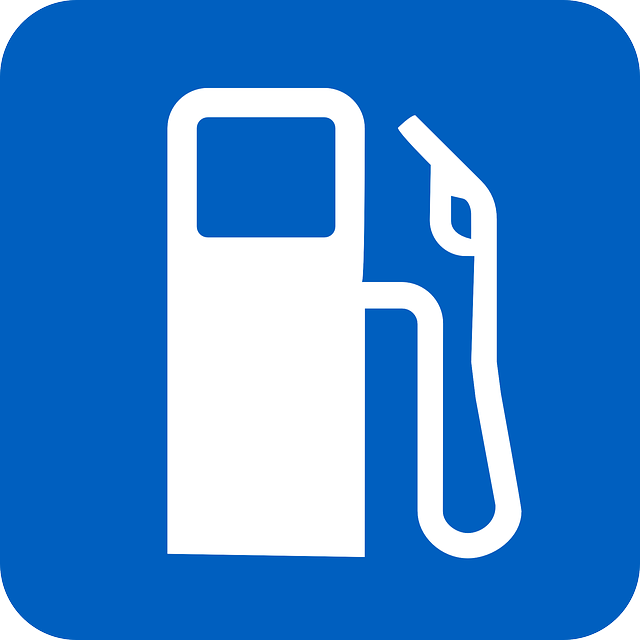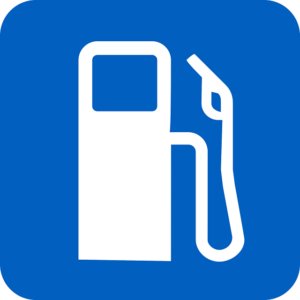

To prepare for the conduct of field testing under the Philippine government’s fuel marking program, the Bureau of Internal Revenue (BIR) has ordered its revenue district offices (RDO) to require all gasoline stations nationwide to submit their inventory of petroleum products.
BIR commissioner Caesar Dulay, in Revenue Memorandum Circular (RMC) No. 2-2020, said the sworn declaration of inventory identified per branch as of December 31, 2019 must be submitted to RDOs/Large Taxpayers Division on or before January 15, 2020. The inventory should specify the volume and type of petroleum products, namely, diesel, gasoline, and kerosene.
The RDOs will then consolidate a report stating whether the inventory has been marked or not in order to serve as the initial database for monitoring and field testing.
Random field testing and confirmatory tests are part of the government’s fuel marking program to check for compliance of the fuel required to be marked.
Marking of fuel products, whether imported or manufactured in the Philippines, becomes mandatory five years after the Tax Reform for Acceleration and Inclusion (TRAIN) law took effect January 2018.
The government last year started initial fuel marking at several facilities of petroleum companies, which included Seaoil, Pure Petroleum Corp., Phoenix Petroleum Corp., Unioil Petroleum Philippines, Chevron Philippines, Inc., and Pilipinas Shell Petroleum Corp.
Six months after the initial marking, all petroleum products found in the domestic market, including those stored in storage tanks, depots and terminal facilities, will be tested for compliance with the fuel marking program.
This means that by February 3, 2020, all gasoline, diesel and kerosene products are expected to have been completely marked.
BIR and sister agency Bureau of Customs personnel will then start field testing, and if necessary, impose penalties on oil companies proven to have unmarked, adulterated and/or diluted fuel.
The Department of Finance expects to collect an additional P20 billion in revenues with the full implementation of the fuel marking system this year.




